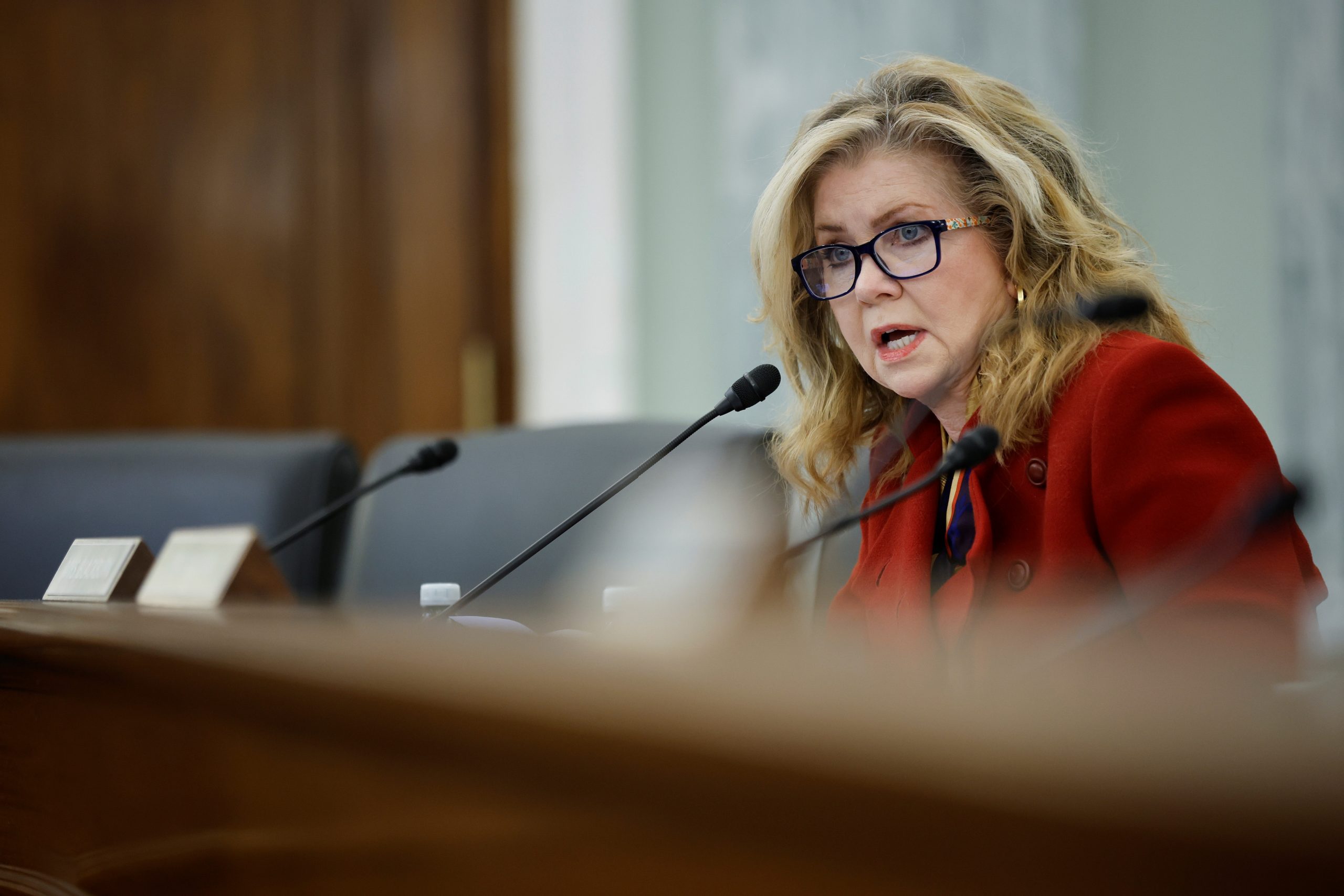
Willie R. Tubbs, FISM News
[elfsight_social_share_buttons id=”1″]
A pair of U.S. Senators, one Republican and one Democrat, are urging their colleagues to ramp up protections for children in online spaces.
Senators Marsha Blackburn (R-Tenn.) and Richard Blumenthal (D-Conn.) have unveiled what they’ve tabbed the Kids Online Safety Act in response to numerous Congressional hearings about tech companies’ inability, some argue unwillingness, to shield children from danger.
“This measure makes kids’ safety an internet priority,” Blumenthal said in a statement. “Big Tech has brazenly failed children and betrayed its trust, putting profits above safety. Seared in my memory—and motivating my passion—are countless harrowing stories from Connecticut and across the country about heartbreaking loss, destructive emotional rabbit holes, and addictive dark places rampant on social media.”
Blackburn and Blumenthal have both been central figures in numerous hearings about the dangers children face, particularly on social media platforms.
“Protecting our kids and teens online is critically important, particularly since COVID increased our reliance on technology,” Blackburn said in a statement. “In hearings over the last year, Senator Blumenthal and I have heard countless stories of physical and emotional damage affecting young users, and Big Tech’s unwillingness to change. The Kids Online Safety Act will address those harms by setting necessary safety guiderails for online platforms to follow that will require transparency and give parents more peace of mind.”
Late last year, in the wake of a whistleblower complaint from a former Facebook employee as well as a bombshell Wall Street Journal series about the company now called Meta, Republicans and Democrats intensified their accusations of tech companies trading the safety of children, as well as the harmony of the United States, for profit.
Meta has denied all allegations of profiting on the suffering of others, but shelved a planned release of Instagram for Kids and rolled out numerous other changes – parental guidelines, use meters, and content control features – just before a major Congressional hearing. The move did little to stem the rising furor of an increasingly motivated bipartisan group of lawmakers.
“The Kids Online Safety Act would finally give kids and their parents the tools and safeguards they need to protect against toxic content—and hold Big Tech accountable for deeply dangerous algorithms. Algorithms driven by eyeballs and dollars will no longer hold sway.”
While tech companies and Congress might be at odds on the motivations that drive companies like Meta, it is irrefutable that children encounter countless threats in online environments.
These dangers go beyond predatory practices from criminals who would seek to exploit kids. Young people who spend considerable time online also experience heightened depression and other mental health issues.
